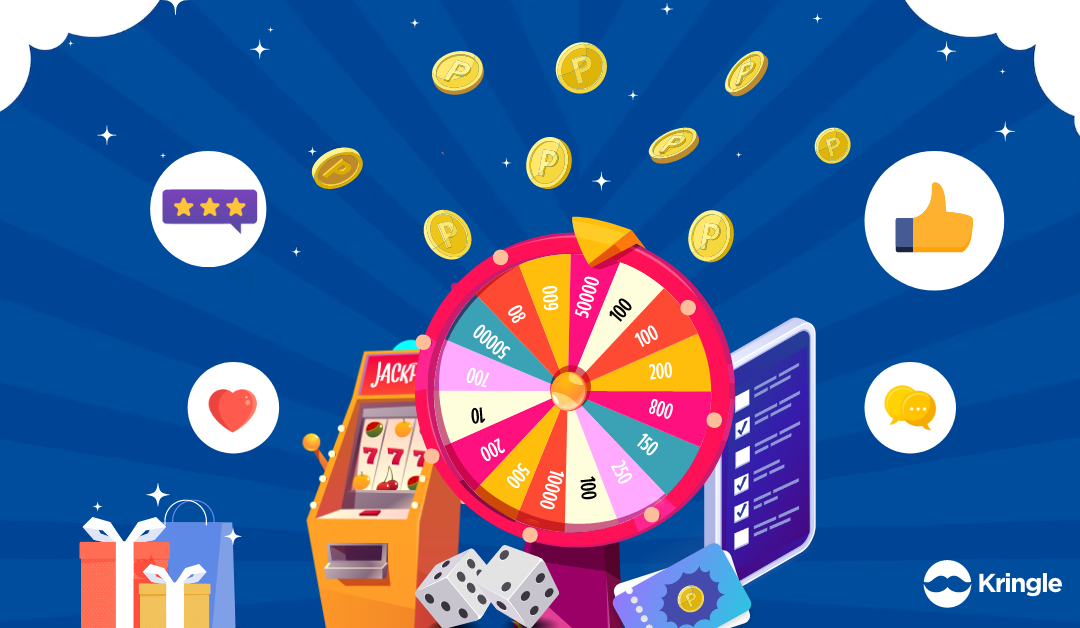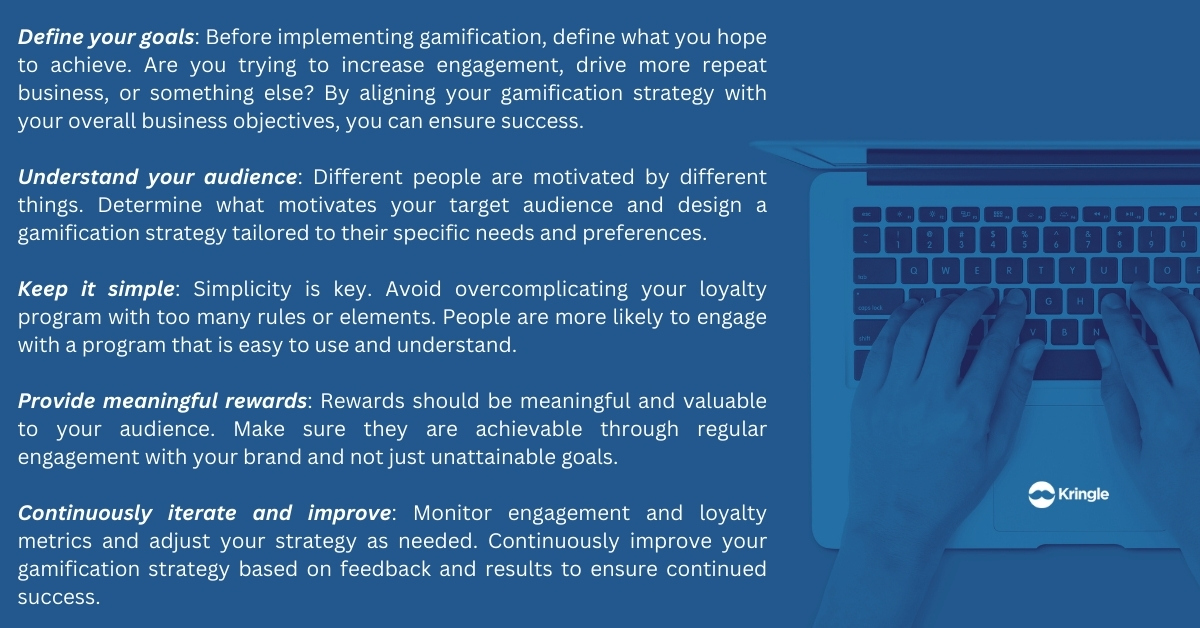
Why is Gamification important in Loyalty Programs?
Loyalty programs have been a mainstay for businesses looking to incentivize repeat business, but traditional rewards-based programs have their limitations. That’s where gamification comes in. By incorporating game-like elements and mechanics into loyalty programs, businesses can engage customers, create a sense of community, and motivate them to keep coming back. In this article, we’ll explore why it is important in loyalty programs, how it works, and the best practices for implementation.
The Power of Gamification
Gamification leverages the psychological principles of competition, achievement, and recognition to motivate people to take certain actions. This can include earning points, badges, or other rewards for completing specific tasks, reaching milestones, or engaging with a brand. By making these activities more enjoyable and rewarding, gamification helps create a positive association with the brand and encourages repeat business.
The Benefit of Gamification
One of the key benefits of gamification is that it can make even mundane tasks more enjoyable and engaging. For example, a coffee shop loyalty program could offer a virtual stamp card, where customers earn a “stamp” for every purchase they make. Once they reach a certain number of stamps, they could earn a free drink or a discount. By making the act of purchasing coffee more rewarding, customers are more likely to choose that coffee shop over competitors.
Gamification The Community Builder
Gamification can also create a sense of community and social connection. By allowing customers to compete or collaborate with each other, businesses can create a sense of shared purpose and identity. This can be especially effective for businesses operating in crowded or competitive markets where it can be challenging to stand out.
Best Practices for Implementing Gamification in Loyalty Programs
To implement gamification successfully, it’s important to follow some best Practices:

Conclusion
Gamification can be a powerful tool for driving engagement and loyalty in loyalty programs. By leveraging the psychological principles of competition, achievement, and recognition, businesses can create a more enjoyable and rewarding experience for their customers. By following best practices and continuously improving your strategy, you can create a loyalty program that not only drives repeat business but also strengthens your brand’s relationship with your customers.
Ready to get started?
Follow us


Gamification is the new trendsetter to bring back customer engagement. Nice one to get started with!
Gamification in loyalty programs adds an element of fun and engagement, motivating customers to actively participate and stay loyal to a brand. It creates a sense of challenge, rewards achievements, and ultimately enhances the overall customer experience.
Gamification in loyalty programs revolutionizes customer engagement and fosters brand loyalty through enjoyable and rewarding experiences.
Hey there! Would you mind if I share your blog with my myspace group?
There’s a lot of people that I think would really appreciate your content.
Please let me know. Thanks
Why not? 🙂 Please go ahead.
Muchas gracias. ?Como puedo iniciar sesion?
Write us on hello@kringle.ai
BWER is Iraq’s go-to provider for weighbridges, ensuring durability, accuracy, and cost-efficiency in all weighing solutions, backed by exceptional customer support and maintenance services.
Write us on hello@kringle.ai
Hello to all, the contents existing at this web page are in fact remarkable
for people knowledge, well, keep up the nice work fellows.